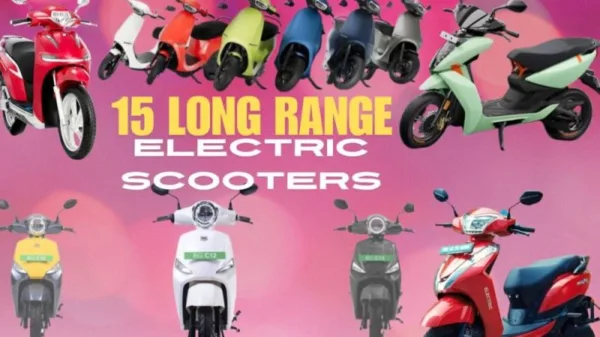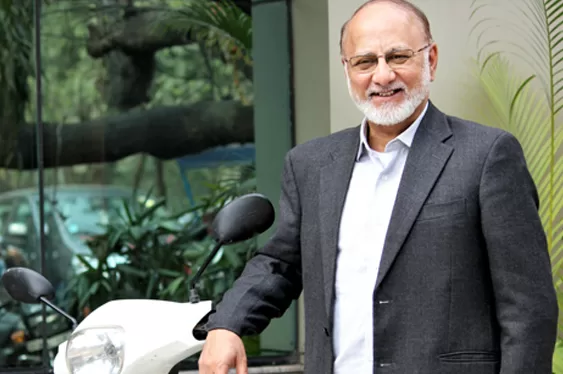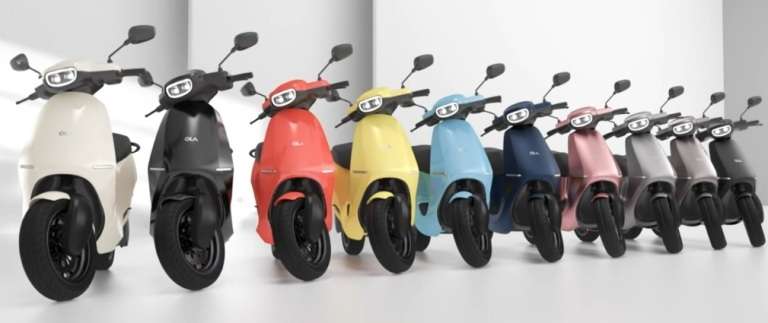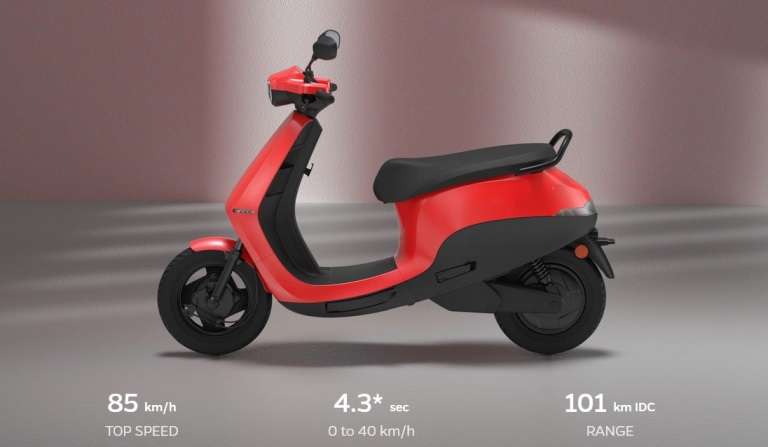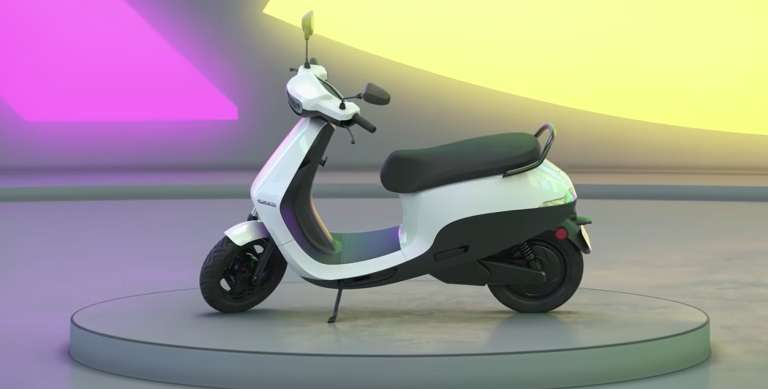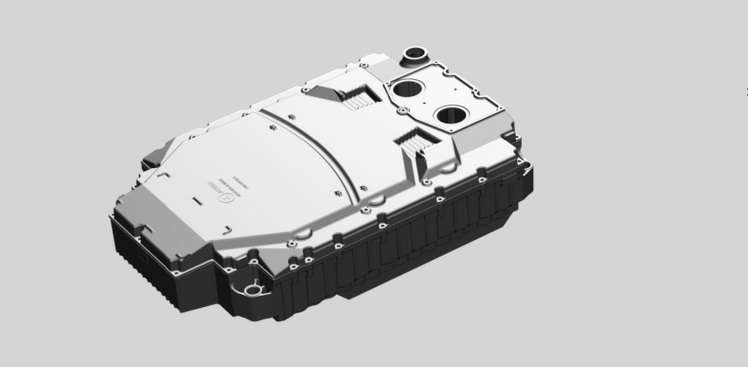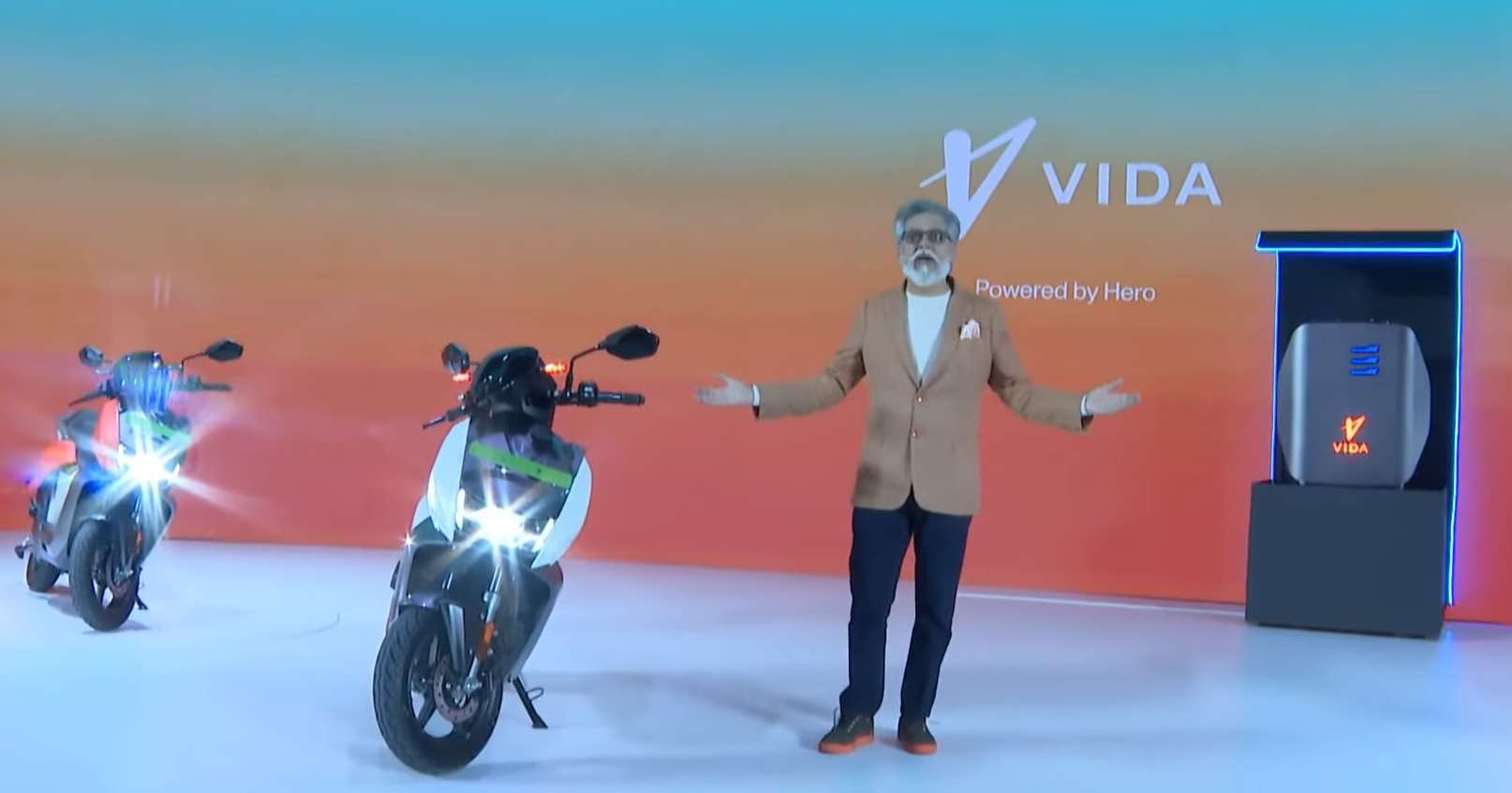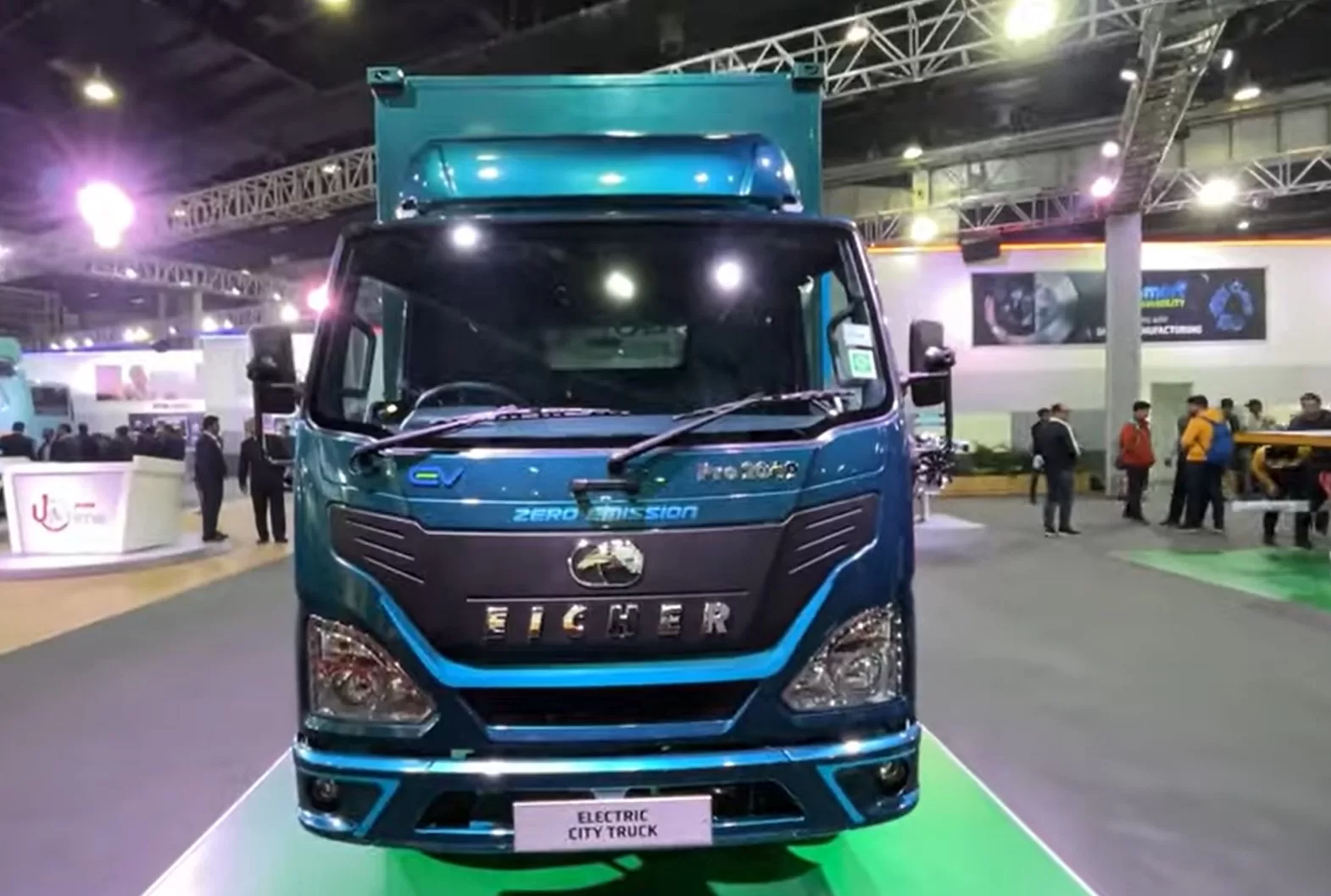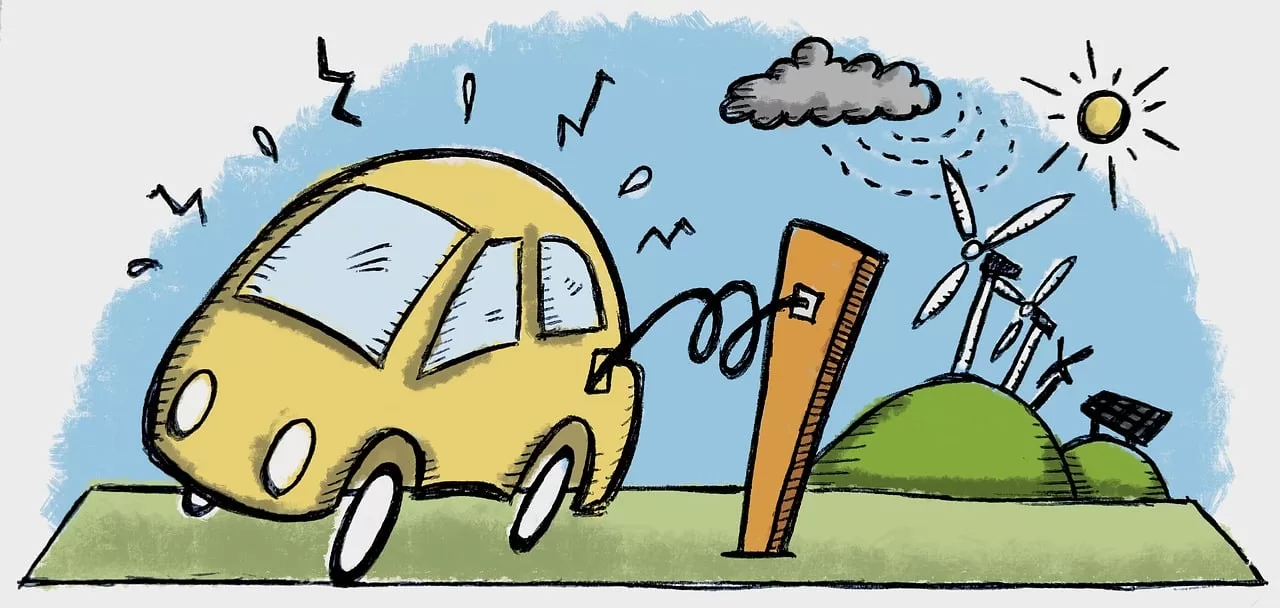India’s capital Delhi is troubling by air pollution and traffic congestion for a long time. In that case, To address these issues, the Delhi government has been pushing for a transition to cleaner, more sustainable modes of transportation, including electric buses. In effect, in recent years, the city has made significant progress in implementing electric buses, with positive results for the environment and public health.
Presently, Electric buses are more reseasons to be successful in Delhi in 2023.
1. Air pollution:
Delhi is one of the most polluted cities in the world, and air pollution is a major health concern. Electric buses have zero emissions, which means that they can help to reduce air pollution and improve public health.
2. Increase in Government Support:
The Delhi government has set an ambitious target. The government aims to have 2,000 electric buses on the roads by 2023. This decision will motivate the adoption of electric buses and provide the necessary support to the operators. Governments of India are increasingly supporting the transition to electric buses, with subsidies, incentives, and funding for infrastructure development.
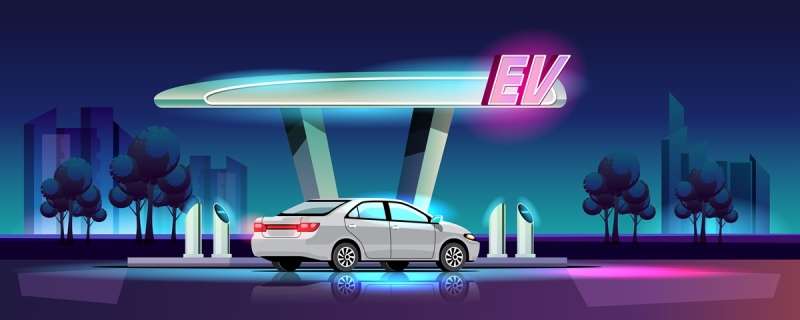
“Why EV will fail in India?”
It is not easy to say that electric vehicles (EVs) will necessarily fail in India. While it is true that EVs have faced some challenges in the Indian market, it is also true that there is significant potential for the adoption of electric mobility solutions in India.
3. Better Charging Infrastructure:
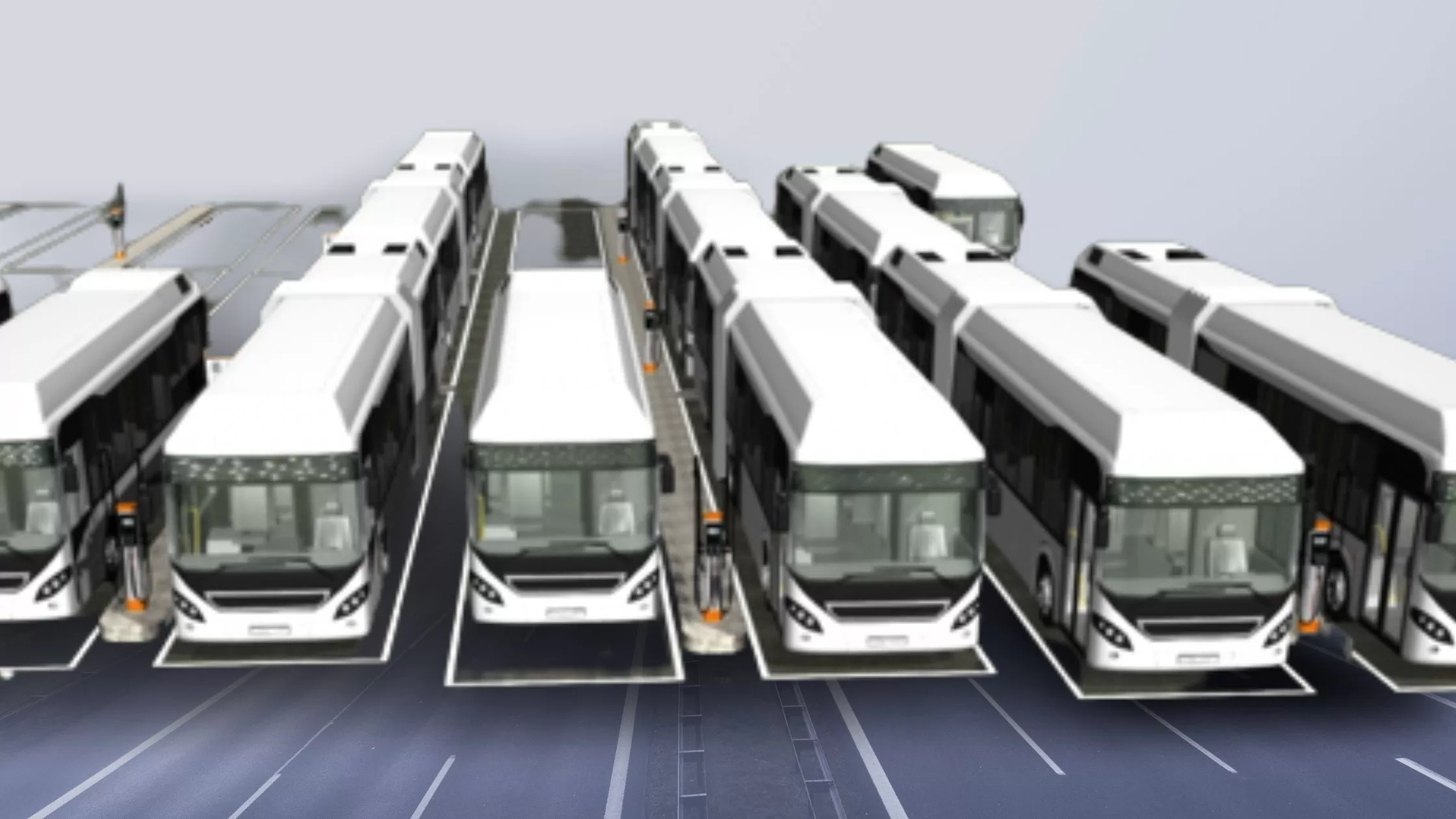
With the adoption of electric vehicles in Delhi, the charging infrastructure is likely to see similar growth. With the strengthening of the charging infrastructure in the city, the operation of electric buses will become easier.
4. Technological Advancements:
Battery technology continues to improve rapidly. Longer battery life and faster charging infrastructure will make electric buses more reliable and efficient. As well as it will reduce downtime.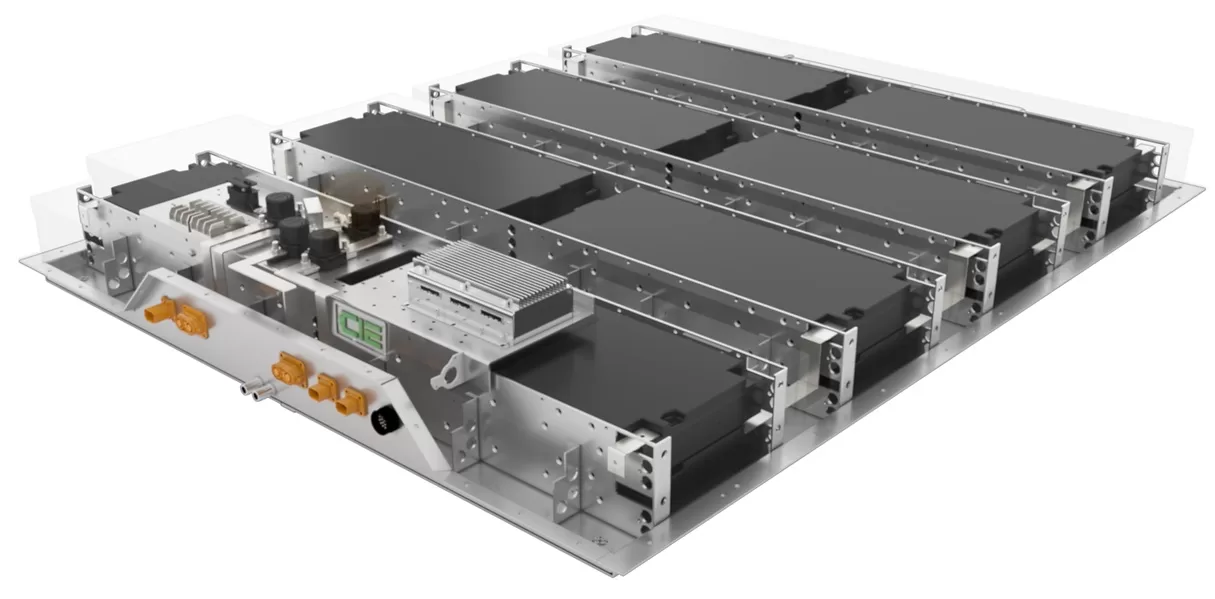
5. Public Awareness:
Every day more electric buses are plying on the roads of Delhi. People are being made aware of the benefits of using electric buses. This will help create a positive perception of electric buses. Also, It will encourage more people to use them.
6. Competitive Price:
Battery prices continue to drop day by day. In Contrast, Electric buses are likely to become cost-competitive with diesel buses. This will make electric buses a more economically viable option for operators in Delhi.
7. Public demand:
With growing concerns over air pollution and climate change, there is a growing demand for cleaner and more sustainable modes of transportation. As a result, Electric buses offer a way to meet this demand. providing a comfortable and reliable means of public transport.
First thing to remember, One of the main advantages of electric buses is their zero emissions. Unlike conventional buses that run on diesel or petrol, electric buses run on electricity, making them a much cleaner and more environmentally friendly alternative. In a city like Delhi, where air pollution is a major problem, this is a significant step towards improving public health.
Difficulties in Running Electric Buses In Delhi in 2023
As long as, Delhi seeks a cleaner and more sustainable public transport system. The introduction of electric buses is an important strategy. While electric buses have many advantages, including zero emissions and low operating costs. There are also many difficulties in running electric buses in Delhi in 2023 which need to be overcome.
a. High upfront cost:
One of the biggest difficulties in running electric buses is the high upfront cost of buying electric buses. Which is much higher than conventional diesel buses. While the total cost of ownership over the lifetime of an electric bus can be lower than that of a diesel bus. Operators may still face financial challenges in funding the initial purchase.
b. Limited Charging Infrastructure:
Currently, A major challenge in operating electric buses is the availability of charging infrastructure. in contrast, the Delhi government has set an ambitious target for charging infrastructure. Currently, there are few charging stations available in the city. This can limit the range and flexibility of electric buses. making it more difficult to plan routes and ensure exact charging times.
c. Battery Life and Range:
Generally, In Delhi where traffic jams are a challenge. Electric buses may need to be charged more frequently and may have lower operational efficiency and increased downtime. The range and lifetime of batteries are significant challenges in driving electric buses. Battery technology is improving rapidly.
d.Technical expertise:
Electric buses require a higher level of technical expertise to operate and maintain as compared to conventional diesel buses. Consequently, Operators may need to invest in training and recruiting personnel with the technical skills needed to maintain and repair electric buses.
e.Public awareness and perception:
At the present time, Electric buses are a relatively new technology in Delhi. Hence the public in Delhi has limited awareness and understanding of their benefits. For this reason, this may limit their adoption. And make it more difficult for operators to gain public trust in electric buses.
In conclusion, while electric buses offer many benefits for public transportation in Delhi, there are also several difficulties that need to be addressed in running electric buses in 2023. In brief, Addressing these challenges will require a collaborative effort between the government, private operators, and other stakeholders.
Finally, Electric Buses have the potential to become an even greater success in Delhi in 2023. Several factors are increasing government support, better-charging infrastructure, technological advancements, public awareness and lower costs. In comparison, there are still challenges to be overcome. Electric buses are gaining momentum as the need for more charging infrastructure and higher upfront costs increase. And they are increasingly seen as a viable and sustainable alternative to public transport in Delhi.


